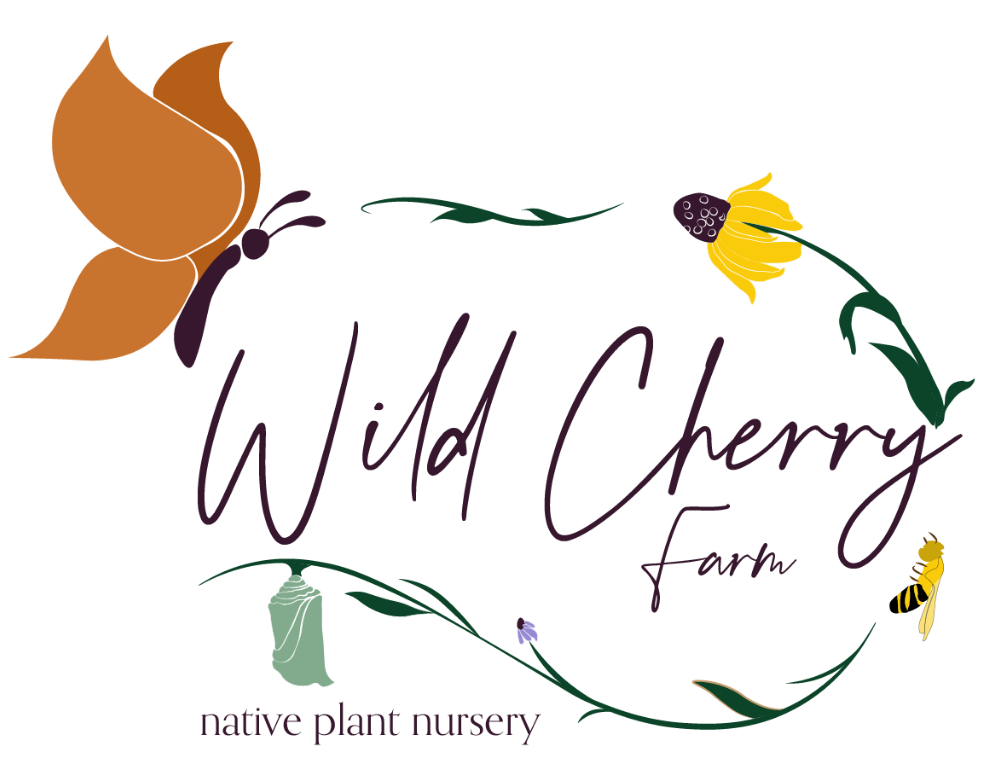New Jersey Tea (Ceanothus americanus)
New Jersey Tea is such a great nectar and pollen plant. The flowers attract a variety of native bees and hummingbirds (illinoiswildflower.info). A deciduous shrub that grows just 3' tall and is compact and rounded by nature. Its deep roots make this shrub drought-tolerant, but difficult to move once established so choose your spot wisely. It is a host plant for the Spring Azure Butterfly and 44 other species of butterflies and moths in our area (nwf.org), including the threatened Mottled Duskywing (mnfi.anr.msu.edu/). On top of that, it is the host plant to the specialist bees Pseudopanurgus pauper and Pseudopanurgus virginicus (Johnson and Colla, 2023). New Jersey Tea is recommended as a preferred pollinator plant by the Xerces Society (Xerces.org). An all-around great landscape plant.
Photo credit: Andrey Zharkikh (1)
New Jersey Tea is such a great nectar and pollen plant. The flowers attract a variety of native bees and hummingbirds (illinoiswildflower.info). A deciduous shrub that grows just 3' tall and is compact and rounded by nature. Its deep roots make this shrub drought-tolerant, but difficult to move once established so choose your spot wisely. It is a host plant for the Spring Azure Butterfly and 44 other species of butterflies and moths in our area (nwf.org), including the threatened Mottled Duskywing (mnfi.anr.msu.edu/). On top of that, it is the host plant to the specialist bees Pseudopanurgus pauper and Pseudopanurgus virginicus (Johnson and Colla, 2023). New Jersey Tea is recommended as a preferred pollinator plant by the Xerces Society (Xerces.org). An all-around great landscape plant.
Photo credit: Andrey Zharkikh (1)
New Jersey Tea is such a great nectar and pollen plant. The flowers attract a variety of native bees and hummingbirds (illinoiswildflower.info). A deciduous shrub that grows just 3' tall and is compact and rounded by nature. Its deep roots make this shrub drought-tolerant, but difficult to move once established so choose your spot wisely. It is a host plant for the Spring Azure Butterfly and 44 other species of butterflies and moths in our area (nwf.org), including the threatened Mottled Duskywing (mnfi.anr.msu.edu/). On top of that, it is the host plant to the specialist bees Pseudopanurgus pauper and Pseudopanurgus virginicus (Johnson and Colla, 2023). New Jersey Tea is recommended as a preferred pollinator plant by the Xerces Society (Xerces.org). An all-around great landscape plant.
Photo credit: Andrey Zharkikh (1)
Life Cycle: Perennial
Sun Exposure: Full, partial sun
Soil Moisture: Medium-dry, dry
Height: 3 feet
Plant Spacing: 18-36 inches
Bloom Time: June - August
Bloom Color: White
Advantages: Caterpillar Favorite, Pollinator Favorite, Bird Favorite, Great landscaping plant
Host Plant: Spring Azure and 44 other species of butterflies and moths use this as a caterpillar host plant in our area (nwf.org)
Specialist Bee: Pseudopanurgus pauper and Pseudopanurgus virginicus (Johnson and Colla, 2023)
Beneficial for Endangered or Threatened Species: Mottled duskywing (Erynnis martialis) (mnfi.anr.msu.edu/)
Resource: Johnson, Lorraine, and Sheila Colla. A Northern Gardener’s Guide to Native Plants and Pollinators: Creating Habitat in the Northeast, Great Lakes, and Upper Midwest. Island Press, 2023
















